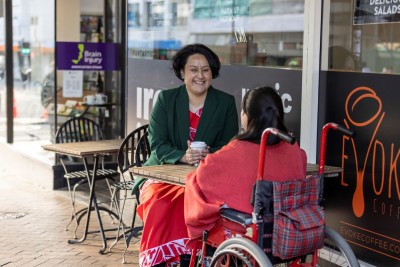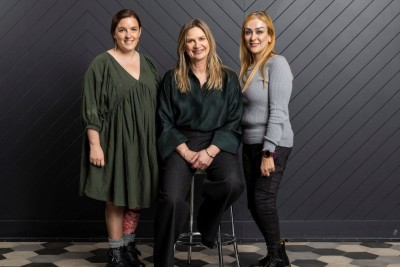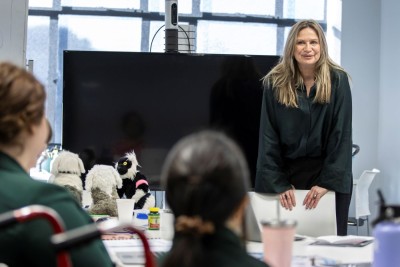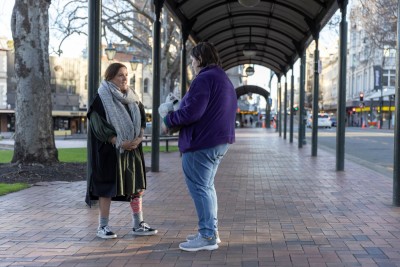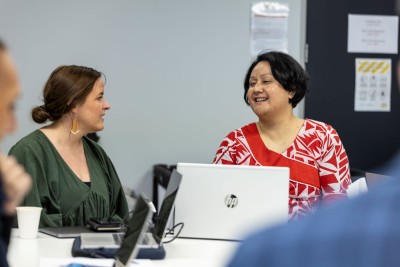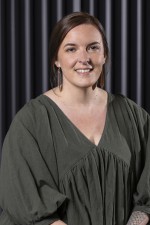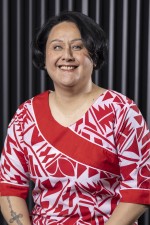This research will contribute to infectious diseases and pandemic preparedness for people with a learning disability [1] in Aotearoa New Zealand. Within disability research, the experiences of people with learning disabilities can be overlooked or excluded. People with learning disabilities are significantly impacted by infectious diseases, pandemics and have worse health outcomes despite more frequent contact with healthcare services (StatsNZ, 2023). Although people with a learning disability are disproportionately affected by unmet health needs, poor health outcomes, infectious disease and pandemics, they are infrequently considered or consulted in preparedness planning.
In 2008, Aotearoa ratified The United Nations Convention on the Rights of Persons with Disabilities (UNCRPD) which enshrined disabled people’s rights into law. Article 11 [2] of the UNCRPD outlines that the State must ensure that disabled people are safe and protected during situations of risk and humanitarian emergencies. In addition, Article 4.3 [3] states that disabled people must be included in the development and implementation of policies that relate to the UNCRPD or disabled people. To uphold the UNCRPD and realise disabled people’s rights it is critical that disabled people, including people with a learning disability are consulted during pandemic planning and implementation.
This project will draw on the UNCRPD and use qualitative, disability inclusive, rights based and intersectional frameworks to centre the experiences of people with a learning disability during the COVID-19 pandemic. It will investigate the living situations and context in which people with a learning disability experienced the COVID-19 pandemic and use these learnings to co-design a framework for preparedness planning that is responsive and accessible for people with a learning disability.
[1] ‘Person with a learning disability’ is the preferred term within the Aotearoa New Zealand learning disability community rather than the often-used ‘intellectual disability’ (Ngā Tangata Tuatahi, n.d.).
[2] “States Parties shall take, in accordance with their obligations under international law, including international humanitarian law and international human rights law, all necessary measures to ensure the protection and safety of persons with disabilities in situations of risk, including situations of armed conflict, humanitarian emergencies and the occurrence of natural disasters.” (United Nations, 2006b.)
[3] “In the development and implementation of legislation and policies to implement the present Convention, and in other decision-making processes concerning issues relating to persons with disabilities, States Parties shall closely consult with and actively involve persons with disabilities, including children with disabilities, through their representative organizations.” (United Nations, 2006a)
read more
Primary Research Questions
- How were people with a learning disability in different living situations and contexts impacted by the COVID-19 response?
- What factors do people with a learning disability identify as critical to ensuring future infectious disease and pandemic planning is responsive and accessible?
Primary Research Outcomes
- 5 people with a learning disability will be interviewed as COVID-19 case studies about the experiences of people with a learning disability during the COVID-19 pandemic. These interviews will be analysed through qualitative thematic analysis to generate key findings that can be used for education, pandemic planning and advancing the rights of people with a learning disability.
- In addition, eight key informant interviews with family, whānau, aiga or close supporters of people with a learning disability, and health and disability professionals, will also be undertaken to gain their perspectives on critical considerations when planning for this group.
- In collaboration with researchers, people with a learning disability will lead the co-design of a framework for consultative, responsive and accessible pandemic planning for people with a learning disability in Aotearoa.
>> PROJECT STARTED - 17th February 2025


